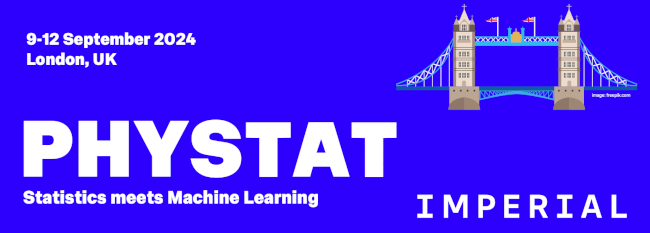Speaker
Description
The standard approach to inference from cosmic large-scale structure data employs summary statistics that are compared to analytic models in a Gaussian likelihood with pre-computed covariance. To overcome many of the idealising assumptions that go into this type of explicit likelihood inference, and to take advantage of the high-fidelity wide field data that Euclid and LSST will provide, we can employ simulation-based inference (SBI). In previous work we have demonstrated the power of SBI in the context of performing a full re-analysis of the KiDS-1000 survey (MvWK & KL 2024) whilst modelling anisotropic observational systematics with forward simulations that significantly impact the outcome of the inference and must be included in the analysis of Euclid and LSST data. We further report on the effects of different levels of Gaussianity imposed on the inference. Our current work explores the use of wavelet summary statistics to construct higher order summary statistics directly from the field without any machine learning. This method thus does not suffer from many of the problems that are associated with using neural methods whilst being fast and capable of extracting large amounts of information. We present here an outlook of how we can tackle the task of SBI applied to upcoming wide field weak lensing surveys.
| Primary Field of Research | Astro/Cosmo |
|---|
